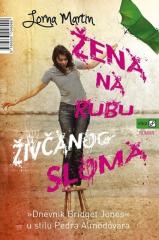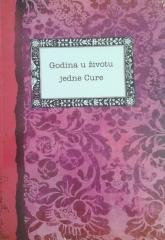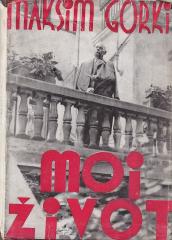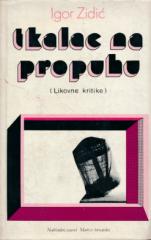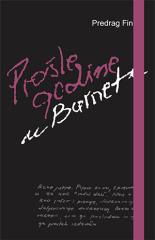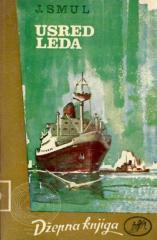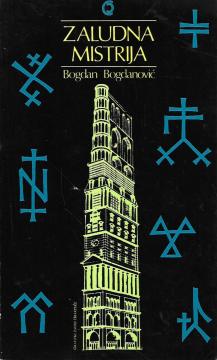
Zaludna mistrija: doktrina i praktična bratstva zlatnih (crnih) brojeva
A collection of essays, autobiographical records, diary fragments and thought structures of Bogdan Bogdanović - architect, former mayor of Belgrade, university professor, and one of the most original intellectuals of the Yugoslav cultural circle.
The book was written during his kind of internal exile during the period of nationalist erosion in the 1980s and 1990s in Yugoslavia, and it particularly highlights his resistance to ideological, political and aesthetic banality.
The titular "trowel" (a trowel for applying plaster) serves as a symbol of Freemasonry and construction, but here it is "vain" – it refers to a feeling of powerlessness in a time when true builders of the spirit are marginalized. Throughout the book it is clear that the author, although not explicitly, uses Masonic, Hermetic and symbolic motifs to build his own, allegorical view of the world. Bogdanović is known for his deep interest in esotericism, mythology, symbolism and language as a building material – both architectural and intellectual.
The book is full of symbols from Freemasonry – pyramids, labyrinths, measuring instruments, tools, metaphors of light, secret letters, “ghost cities”. He speaks of the city as a symbol, not just a spatial entity, and of the monument as a “mysterious architecture” – a space dedicated to memory and silence. At the heart of it all is myth as a language of understanding reality, in contrast to the banal utilitarianism of modern politics and urbanism.
Bogdanović pays special attention to Freemasonry as a spiritual heritage of builders, without ever explicitly claiming to be a member of it. However, his constant use of symbolic language, the thematization of secret knowledge, as well as his interest in Hermeticism, allegory, Gnosticism and the Kabbalistic structure of language, testify to a deep connection with the Masonic spiritual tradition – either directly or through cultural and philosophical influence.
In the context of ubiquitous political repression and the destruction of meaning, Bogdanović's "futile trowel" becomes an act of resistance – in writing, he "builds" what cannot be destroyed by tanks and slogans: the language of meaning, symbolism and inner freedom.
No copies available
The last copy was sold recently.
